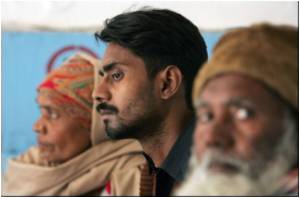Community-based asylum seekers have only limited access to primary health care in Australia which negatively impacts their physical and mental health.

“The impact of inadequate access reported in our study includes physical suffering, considerable anxiety, and a risk of deterioration in health status.
“Asylum seekers reported experiencing a range of post-migration stressors that may impede their access to health care, in line with previous Australian research.
“Moreover, inadequate access to health care emerged as a stressor in itself, consistent with research identifying it as a stressor and a significant predictor of depression and anxiety among asylum seekers.
“Access to primary care would be improved by extending Medicare eligibility to all asylum seekers. This is unlikely to add significantly to the cost of the health care system, and would bring Australia’s policy into line with that of similar countries.
“Principles of disease prevention and the right of every person to health care should drive measures to improve the availability and affordability of general practice care and health support services for these asylum seekers.”
Advertisement
“These problems reflect, in part, inadequate networks of communication between health care providers, and between health care providers and policymakers,” Dr Phillips said.
Advertisement
“The recently formed Refugee Health Network of Australia (RHeaNA) is helping to overcome these barriers. RHeaNA is a national collaboration of over 140 refugee health service providers.”
The Medical Journal of Australia is a publication of the Australian Medical Association.
Source-MJA












